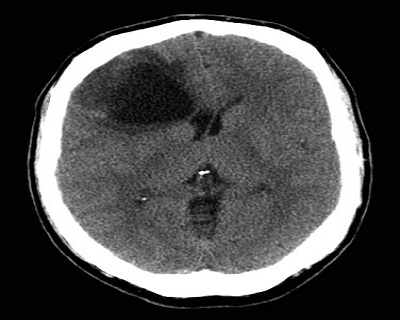Seizure

A seizure is a sudden, uncontrolled electrical disturbance in the brain that can lead to a wide range of symptoms, including involuntary movements, altered consciousness, and sensory changes. Seizures can occur due to various causes and may vary in severity and duration, requiring medical evaluation and management when they occur.
A seizure is a sudden, uncontrolled electrical disturbance in the brain that can result in various physical and mental symptoms. Seizures can vary in severity and duration, and they can be caused by a wide range of factors. Common symptoms and characteristics of seizures include:
1. Uncontrollable Movements: Seizures often involve involuntary movements, such as jerking of the arms and legs, stiffening of the body, or repetitive motions.
2. Altered Awareness: Some individuals may experience altered consciousness or awareness during a seizure. They may appear dazed, confused, or disconnected from their surroundings.
3. Loss of Consciousness: In more severe seizures, individuals may lose consciousness completely and may not remember the episode afterward.
4. Convulsions: Seizures can sometimes cause convulsions, which are characterized by rhythmic, shaking movements.
5. Changes in Senses: Seizures can affect sensory perception. For example, individuals may experience strange tastes or smells, visual distortions, or auditory hallucinations.
6. Emotional Changes: Some seizures can lead to emotional changes, such as intense fear, anxiety, or déjà vu sensations.
7. Muscle Tensing: The muscles may become stiff or tense during certain types of seizures.
8. Drooling or Lip Smacking: Automatisms, which are repetitive, purposeless movements like lip smacking or drooling, can occur in some seizures.
9. Loss of Bladder or Bowel Control: Incontinence may occur in some seizures.
10. Postictal State: After a seizure, individuals may experience a postictal state characterized by confusion, fatigue, headache, or muscle soreness.
It's important to note that there are different types of seizures, and symptoms can vary widely from person to person. Seizures can be caused by epilepsy, a neurological disorder, or other factors such as high fever, head injuries, or underlying medical conditions. If someone experiences a seizure for the first time or has recurring seizures, it's essential to seek medical evaluation to determine the underlying cause and develop an appropriate treatment plan.
What Our Patients Say
Aliquam a augue suscipit, luctus neque purus ipsum neque dolor primis libero at tempus, blandit posuere ligula varius congue cursus porta feugiat


“Dr.Gourav jatav sir is really good doctor by profession , knowledge and experience. He is very friendly and polite. Always give best opinion and treatment without caring about money.”


“Dr.Gourav jatav sir is really good doctor by profession , knowledge and experience. He is very friendly and polite. Always give best opinion and treatment without caring about money.”


“Got best suggestions got relief spine problem without surgery within a 15 days of time I was suffering from last 3 years
Thanku doctor”


“Very polite, humble, listen to complains patiently and best is he advise surgery only when required.
Less tablets to eat.”


“Dr.gorav sir is the best me abhari hu aapka jo aapne mujhe nai jindgi di aap ka ahshan kabhi nahi bhul sakta har mahine aapse milne aana mera kartvya he aapke per chhune jarur aaunga sir bahut bahut dhanyawad aapka dil se sir”


“Best Surgeon , Thank you very much Dr. Gourav. Papa is is almost fine . On only 8% expectation you did it to save him. We are very thankful of you. May god always bless you Dr. And you are also not less than a god.”